- Only every fourth respondent believes that the services of health institutions are transparent
- In the time ahead, communication management is emerging as a strategically important function for restoring trust in healthcare
- With the aim of strengthening the healthcare system with knowledge in the field of communications and bringing together all relevant stakeholders of both sectors, the HealthComm Forum conference will be held on June 1 and 2 in Zagreb
According to the results of the ZEROquadrant survey conducted at the end of 2022, only one in three citizens, on average, believe that health institutions act in a socially responsible manner and in the interest of society. This indicator is consistent with the trend of declining trust of citizens in the health system, as well as in the state and the media. In a time of continuous change, a pandemic, great mistrust, and pessimism among citizens, transparent and truthful communication is emerging as a strategically important function for all healthcare institutions, according to the organizers of the first regional HealthComm Forum. The conference will bring together renowned experts in the field of healthcare and communications on June 1st and 2nd in Zagreb, with the aim of restoring citizens’ trust in the healthcare system.
The conference is organized by HEALTH HUB, a platform that promotes the monitoring and creation of trends in healthcare, and Val Group, a leading Croatian agency for communication management.
The public sector, in this case healthcare, exists to serve citizens, yet many respondents clearly do not feel this claim on their own skin. On average, only 27 percent of respondents believe that public healthcare works in a socially responsible manner. Only a slightly higher percentage (33 percent of them) believe that private healthcare institutions are socially responsible. As far as transparency is concerned, public health services are considered transparent by less than a quarter of respondents, which, according to Nina Išek Međugorac, a member of the management board of the Val Group and director of the HealthComm Forum conference, could indicate a very low level of knowledge in the field of communication management and a lack of investment in communication. Although a slightly larger share of respondents (36 percent of them) consider the services of private health institutions to be transparent, when it comes to health, this is still at a low level of trust, equal to cafes and restaurants. According to Išek Međugorac, private healthcare institutions also have a big task in which they need to gain the trust of citizens and convince them that patients’ health interests are ahead of profits. In other words, there is still a lot of room for better management of relationships and processes so that the entire health sector can respond more readily to all the needs of its users, provide higher quality service, more accessible and digital communication, and have a more satisfied and motivated staff.
When it comes to the public sector, respondents believe that the speed of getting an appointment and performing examinations deserves a below-average rating, as well as the technical equipment and attitude toward patients. They rate the quality and expertise of doctors and medical staff as slightly higher than average, but they are still insufficiently satisfied with it to have an effect on increasing overall satisfaction and trust in the sector. On the other hand, as expected, the technical equipment and speed of private health institutions enjoy above-average ratings from respondents, while the quality of staff does not deviate too much from that in the public sector. The latter, in combination with the fact that many respondents still consider private healthcare to be expensive, indicates the great room for improvement that the private sector has when it comes to presenting and communicating the value of its services for money.
The organizers believe that the gathering of all relevant representatives of healthcare, communication experts, the business community, national and local authorities, non-governmental associations and organizations, media, and platforms at the HealthComm Forum will provide a more optimistic outlook for the future. This is because the forum will discuss the best communication solutions that can change the paradigm when it comes to citizens’ trust in healthcare, especially in light of the factors in which citizens have the least confidence and direct influence, such as the economic and political situation and the state of health.
Keynote speakers at this year’s HealthComm Forum are Dr. Matt Carter, Marius Geanta, Artur Olesch, and Dr. Dejan Verčič.





